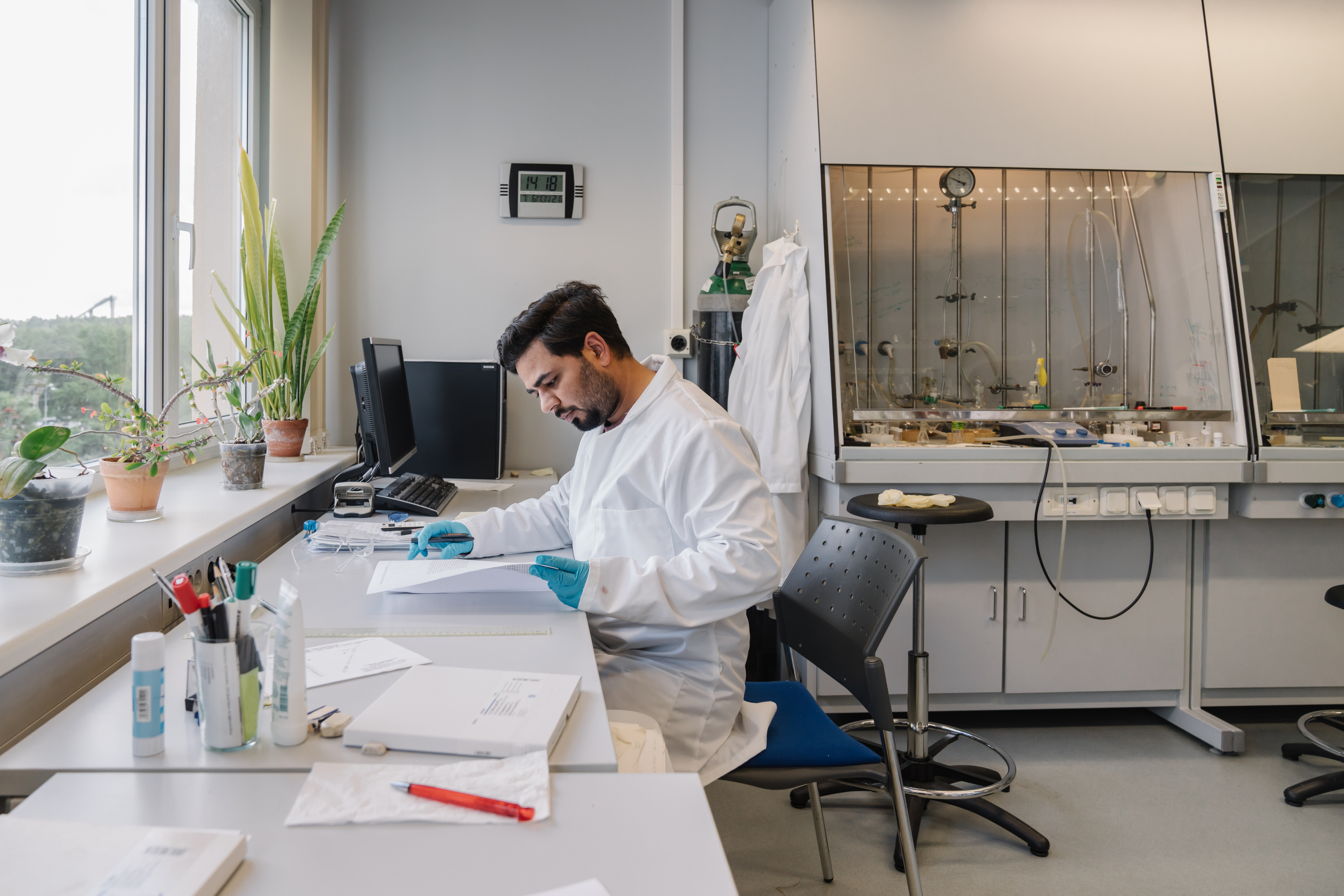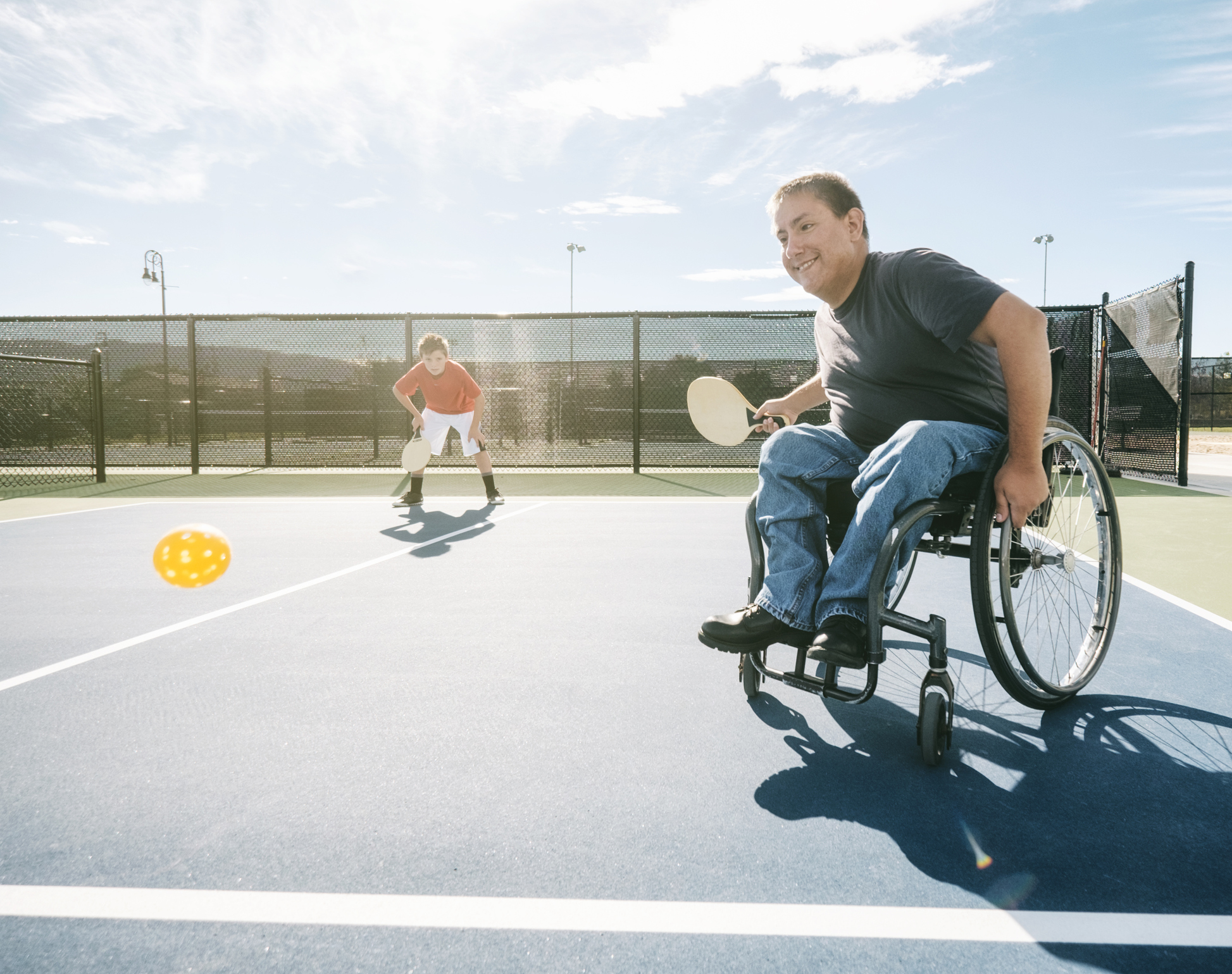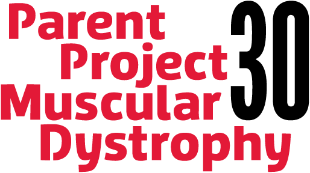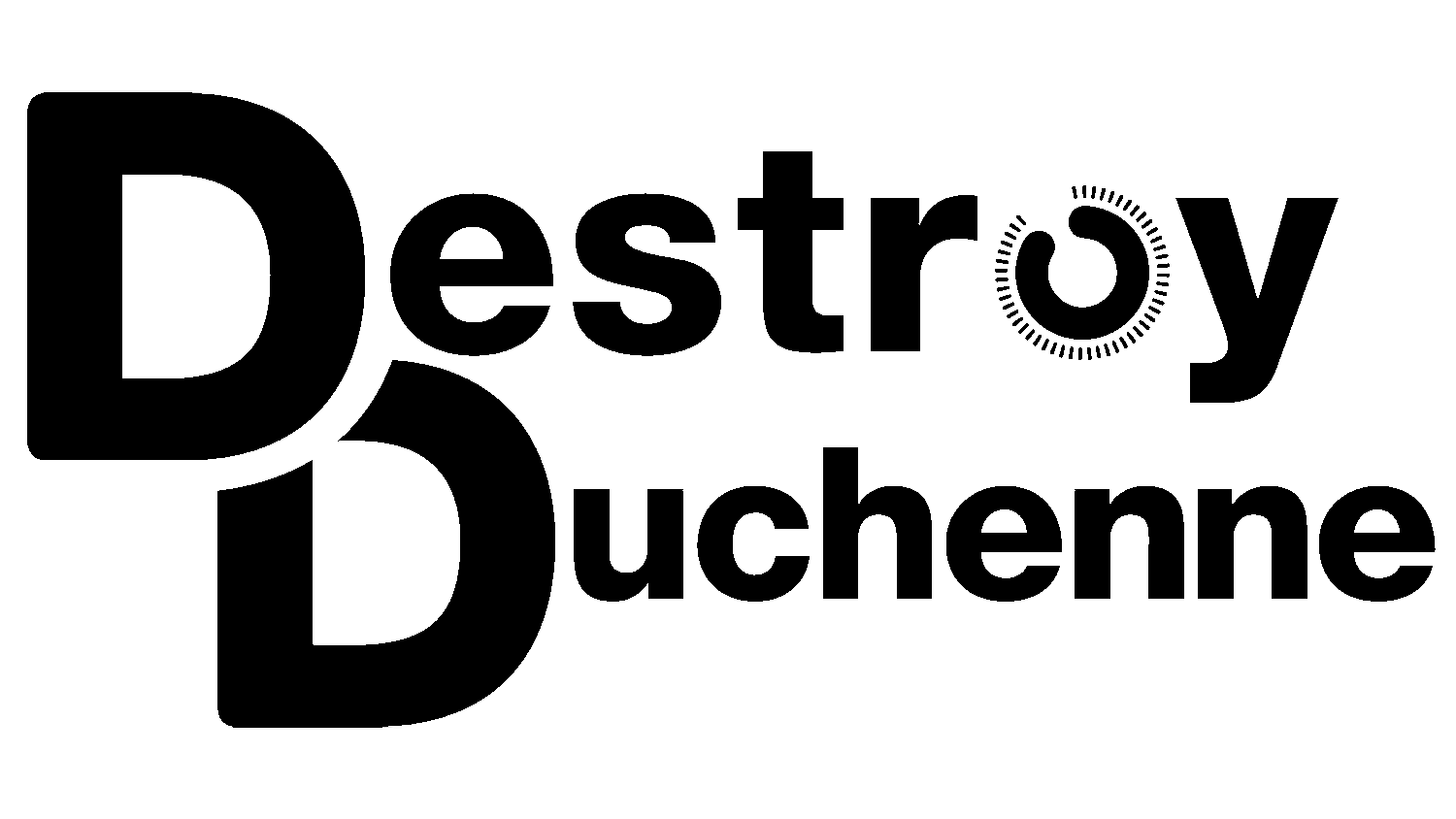
Duchenne Muscular Dystrophy
Satellos is developing a novel small molecule medicine to restore muscle tissue growth and repair for Duchenne muscular dystrophy.
Duchenne Muscular Dystrophy
Duchenne muscular dystrophy (DMD) is an inherited disease caused by mutations in the dystrophin gene that no longer allow the dystrophin protein to function properly. The dystrophin protein normally provides structural support to muscle tissue fibers, especially during muscle contraction. In DMD, without dystrophin’s support, there is continuous and accumulating muscle tissue damage, functional decline and ultimately, loss of life.
Satellos’s unique therapeutic approach is to regulate a dystrophin-independent pathway to restore innate muscle repair and regeneration with the goal of increasing muscle function. Our approach is intended to work as a standalone therapeutic without regard to genetic mutation status. Plus, as an entirely dystrophin-independent therapy, our approach has the potential to complement, or conceivably even amplify, the effectiveness of genetic medicines and other approaches designed to restore dystrophin production.
Our preclinical data show that our drug candidates increase the number of muscle progenitor cells, a specialized population of differentiated muscle stem cells which are essential for efficient and ongoing muscle tissue repair, and ultimately, increased muscle strength. Our data suggest that – in the absence of dystrophin – our drug candidates have the potential to restore the innate muscle repair process that is compromised in DMD leading to muscle fiber regeneration and improved muscle function. Accordingly, our therapeutic approach has the potential to be disease modifying.

Muscular Dystrophy
DMD is the most common childhood onset muscular dystrophy affecting approximately 1 in 3,500 male births worldwide. Unfortunately, despite decades of intense research and development, there is no cure for DMD, and patients usually do not survive past the second or third decade of life. In DMD, there is a high unmet need for meaningful therapies, especially those that restore, not just delay, the loss of muscle and its function.
Satellos believes it has identified a means to restore the ability for DMD muscle to respond to the continuous damage that characterizes this disease, thereby allowing for the successful repair of muscle tissue. Keeping up with the damage that arises may not only lead to a slowing of functional decline, but has the potential to improve functional outcomes for DMD patients.
MyoReGenX


